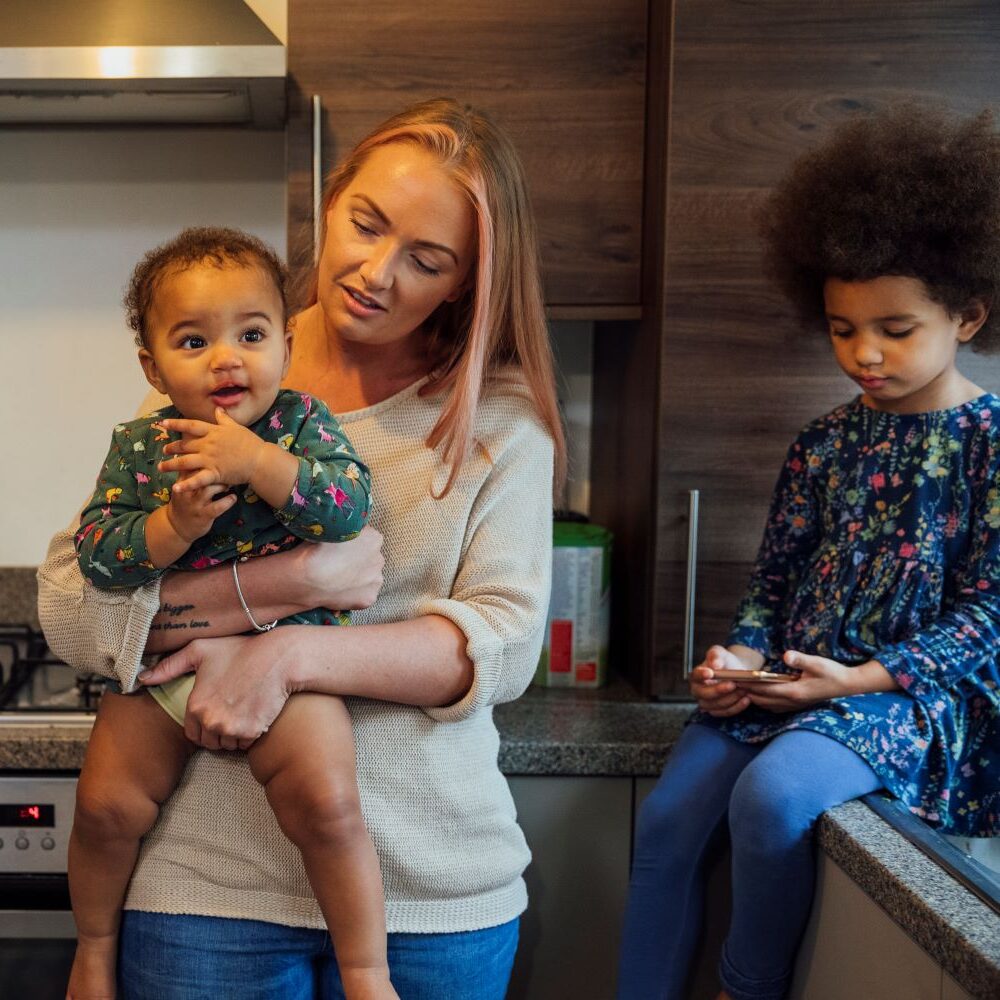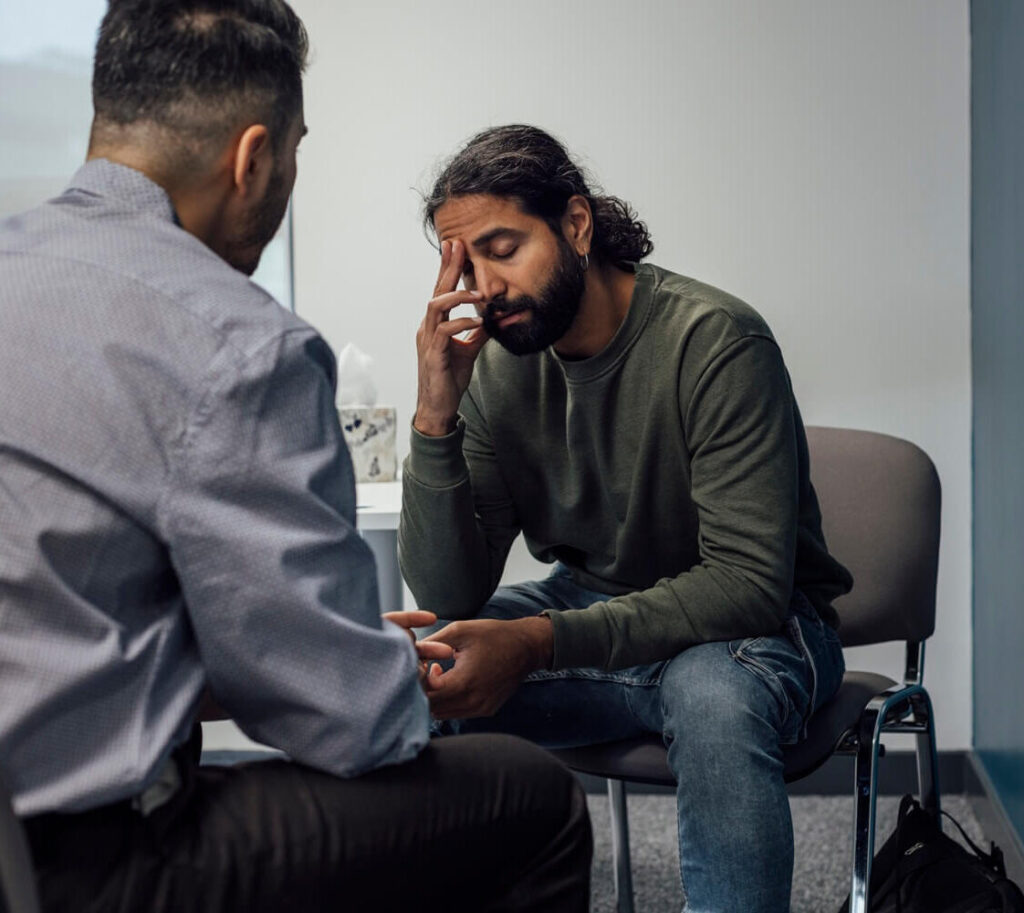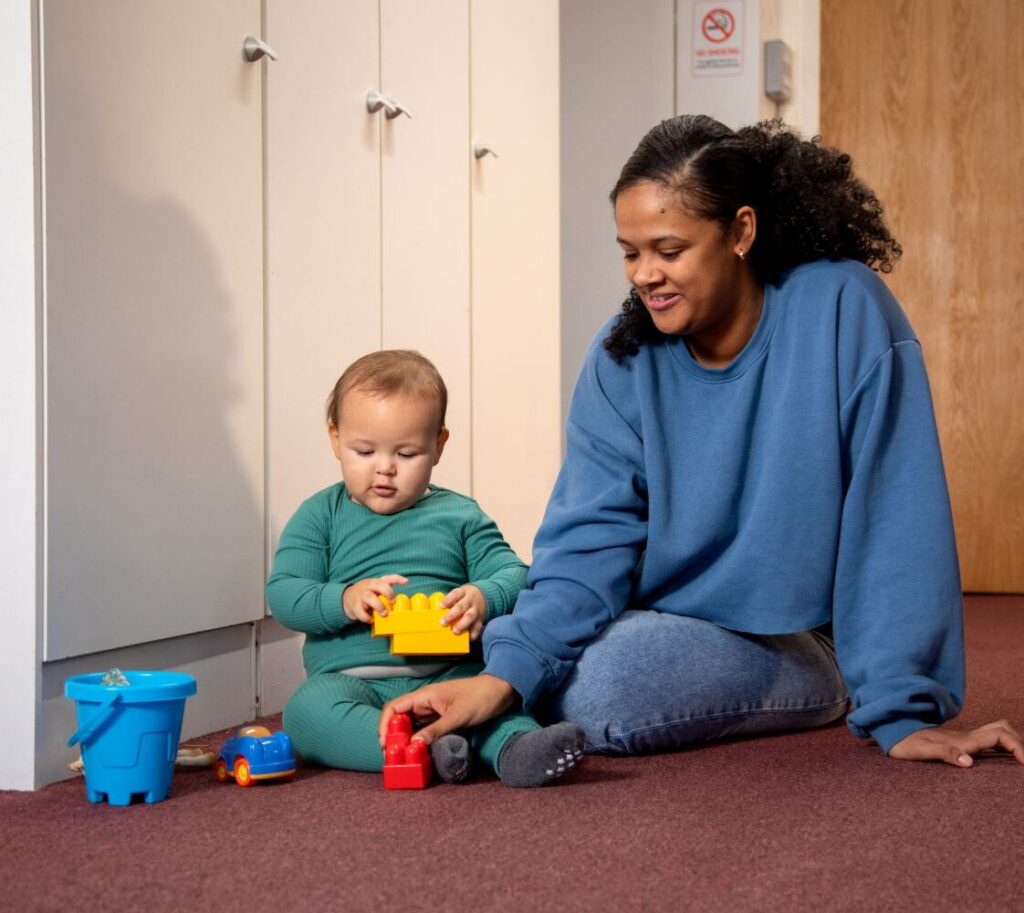Many adopted adults reach a point where they want to know more about their early life, their birth family, or the circumstances around their adoption. If that sounds familiar to you, you might be considering how to access your adoption records. It’s a personal decision, and if you decide to do it, it’s important to do it when it feels right for you.
The process can bring up a mix of emotions, and it’s completely normal to feel uncertain about where to start or what you might find. That’s why support is so important. We’re here to help you understand how to go about it and feel supported throughout the journey, whether you’re just starting to think about accessing your adoption records or ready to begin.

Because there are differences in the way the nations within the UK are governed, this article applies to adoption records within England and Wales. For information on accessing adoption records in Scotland and Northern Ireland, see:
- National Records of Scotland: Adoption records
- NI Direct government services: Tracing and contacting birth relatives and adopted adults (contains information on accessing adoption records)
Legal background
How you go about accessing adoption records in England and Wales depends on when the adoption took place. This is because the Adoption and Children Act 2002 introduced key changes that affect the process.
If you were adopted:
- Before 30 December 2005: Adoptions could be arranged by an agency or privately (until 1983). Your records are typically held by the local authority or adoption agency that arranged the adoption. While you don’t have an automatic right to this information, greater understanding of the needs of adopted people in recent decades means it is usually shared on request.
- On or after 30 December 2005: Adoptions can only be arranged by an Appropriate Adoption Agency (AAA) and they also manage your records. You have a right to see the information given to your adoptive parent(s) at adoption, but you aren’t automatically entitled to all the information held by the agency. Any information relating to your birth or adoption will usually be shared on request, with information redacted where it relates to third parties who haven’t given their permission for it to be shared.
You must be 18 or older to access your adoption records.

Accessing records if adopted before 30 December 2005
If your adoption took place before the end of 2005, the first step is knowing if the adoption was arranged privately or through an agency. If you’re unsure, the General Register Office (GRO) may be able to help. Alternatively, try contacting the court that granted your adoption order or the adoption team in the local authority where you currently live. If your adoption was private (which was legal until 1983), there may be little information available, but the local authority or court may hold what information there is.
If you know which agency arranged your adoption, you can write to them directly to request your records. It’s common for them to arrange a free appointment with an adoption advisor to go through this information. This can be useful, as it gives you a chance to talk through any questions or concerns with someone who understands adoption records and the impact accessing them might have. The advisor can also offer useful information and support.
The information available to you may vary a great deal depending on the agency. It might include:
- Your original birth name
- Place of birth
- Weight at birth
- Medical notes
- Information about your birth mother
- Information about your birth father (though this is often much less detailed)
- Information about your adoptive parents (though this is often redacted unless they’ve given written permission for it to be shared)
- Agency reports and case notes (often including the reason for adoption)
- Letters
- Information about other carers before adoption.
Accessing records if adopted on or after 30 December 2005
If you were adopted on or after 30 December 2005 and your adoptive parents have lost the documents they received at the time of your adoption, you can contact the AAA to request copies. If you’re not sure which local authority handled your adoption, the GRO should be able to tell you.

You can also ask the AAA for any other information they might have about your adoption. They’ll usually ask you to make a written request, and it’s common for them to ask you to meet with an adoption advisor. This free meeting can be useful, as it gives you a chance to talk through any questions or concerns with someone who understands adoption records and the impact accessing them might have. The advisor can also offer useful information and support.
The AAA has some discretion over the information they share with you. They do understand how important it is for you to learn about your background and the reasons for your adoption. However, there may be times when they decide not to share certain details, especially if the information relates to someone else. In these cases, the AAA has to consider how sharing that information might affect the other person and their family.
Documents you may receive include:
- Child Permanence Report: Outlines the circumstances of your adoption and details about your birth family.
- Life story book: Created to help adopted people understand their journey
- Later life letter: Written by a social worker to explain your adoption in a sensitive and accessible way.
- Court records related to the adoption process.
Support during and after the process
There’s a huge amount of uncertainty around accessing adoption records. You don’t know how much information will be available, and you also don’t know what it might reveal. It can bring up a wide range of emotions, from relief and clarity to confusion or sadness. Whatever you discover, support is available to help you process it. Talking through your findings with a counsellor or a support group can help you make sense of the information and decide what steps to take next.
For more guidance and information for adopted people, including a whole section on accessing records, see the FamilyConnect website. To find out what support is available in your area, or for more information on any aspect of adoption or special guardianship, contact the free and confidential PAC-UK Advice Line via phone (0300 1800 090) or email [email protected]. Finally, for guidance and information on tracing your family origins, contact the FamilyConnect Advice Line.

Call, text, email or web chat FamilyLine
If you’re feeling overwhelmed, worried or upset about any aspect of your family life, FamilyLine is here for you. We offer free emotional support and guidance on family relationships, conflict, parenting, caring, financial worries and more.
Contact FamilyLine





